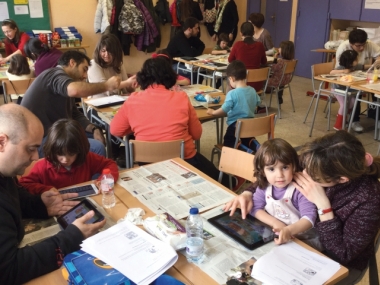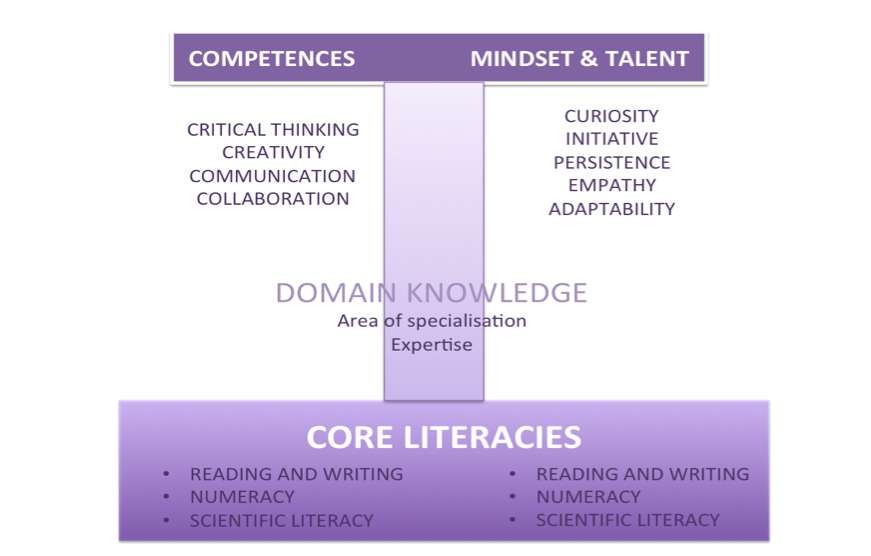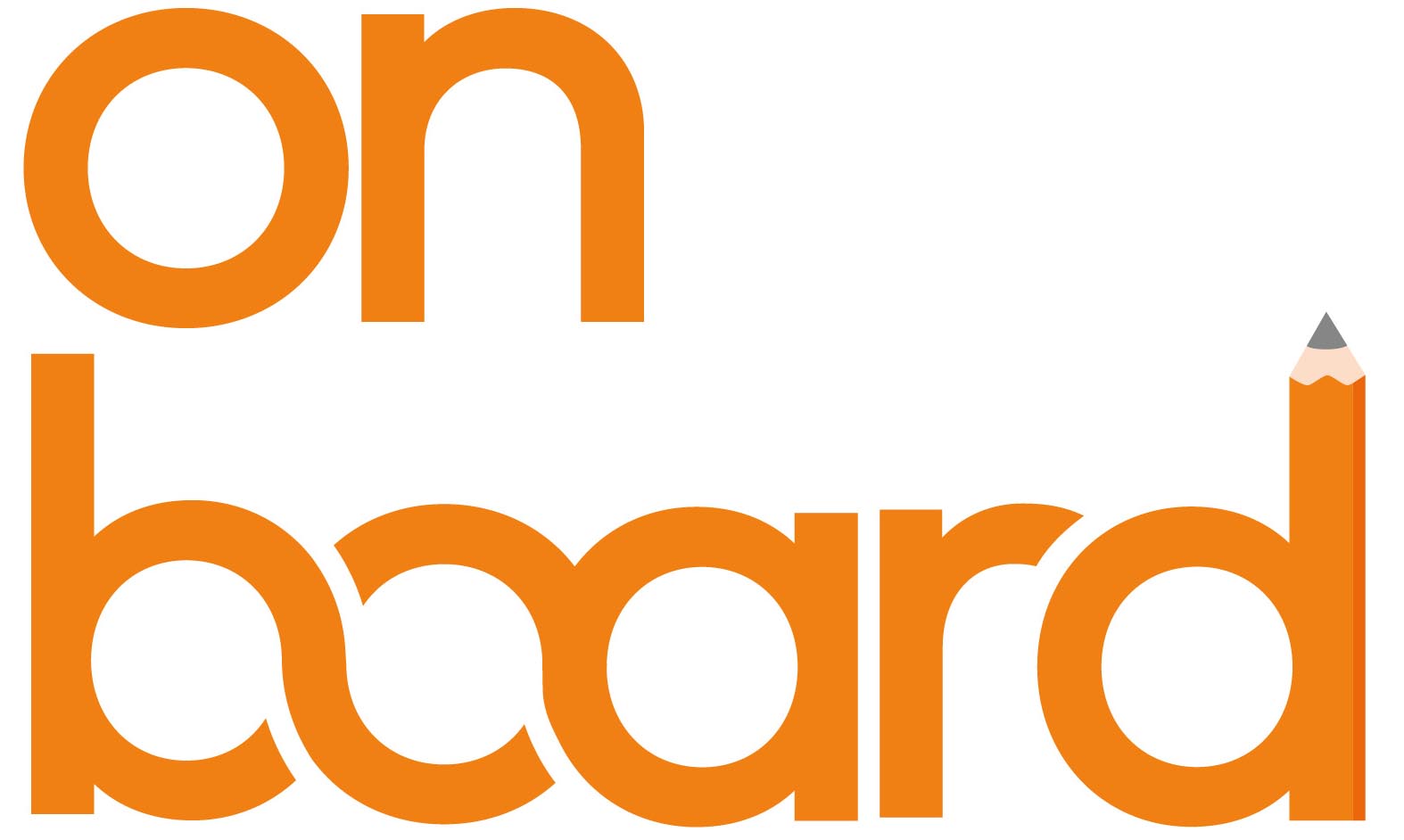Social and technological innovation at the service of educational success
Edited on
03 July 2019Mireia Sanabria, URBACT III On Board Network expert says traditional education systems need to keep up with the current trends while keeping cities’ youths interested by evolving education into an open and progressive environment within the community.
School has never had the monopoly over education nor exclusivity in the transfer of learning, but in recent years this has never been more apparent. Even though education centres continue to play an essential role as instruments for accessing and managing information and knowledge, learning today has to be seen in a broader social and technological context. Because information flows are more voluminous and faster than ever before, our school centres need to be fully aware of this and have the resources to keep pace with current trends to offer modern, relevant and quality education for today and tomorrow’s citizens. City governments, on their side, being the nearest administration to the locals and aware of the city developments and needs, are best positioned to facilitate an education environment in the city that is relevant, suitable and attractive to youths.
Viladecans: the dawn of a new Educational Innovation Network

The city of Viladecans (Spain), 60.000 inhabitants (Barcelona), the Lead Partner of the URBACT III On Board Transfer Network, has been leading local education towards innovative approaches for youth by involving all kinds of public and private actors, including teachers, families, community associations and companies The Educational Innovation Network (EIN) is a stand out example of such cooperation. Gisela Navarro, Viladecans’ Councillor of Education, recalls the very moment when she realised the need to create the Educational Innovation Network in the city. While listening to a young 16-year old student at the local Research Projects Competition describe the results of her findings about the Alzheimer disease and the impact on the health of the patient and his/her relatives, she was struck by young girl’s explanation that it had not been possible to get more information on medical details “due to the difficulty in interviewing the doctor specialist at the Hospital”.
Navarro decided something had to be done. How could it be that a student could not complete the excellent exercise she had just presented due to constraints in accessing such information? The City of Viladecans simply could not afford to miss such opportunities of nourishing motivated students, particularly in view of local scholars comparatively low educational results in the past years. Viladecans has since placed education as a chief priority in the local policies and strategies for three decades now. All existing local talent and expertise is being made available to the students, so that anyone in the city, at any time, can expand her or his learning opportunities to their full potential. As Navarro has said, “If we are not able to offer full learning opportunities to young students and researchers in Viladecans, then something is clearly being done wrong”.
A community involved in “free flowing” education
Viladecans’ full-time all-around education approach envisions that everyone in the city has timely and affordable access to educational opportunities. In the case of students, this means connecting lecture and non-lecture time –formal and non-formal education. It also aims for everyone in the city to be able to contribute, whenever possible, to broader, common education goals, helping every small child and youth to build her/his own life path with equity and without exclusions.
To advance this model, Viladecans has started to break down the walls of the schools and make education permeable to other non-teaching agents in the community. The City is leading the process towards an open and progressive education environment, setting up the conditions for 360º learning. In this seamless education model, parents,neighbours, companies, youth clubs, cultural and leisure entities, institutions, sports clubs… each plays a role in the teaching responsibility. Mobilised entities taking part in local education projects and initiatives include the Municipality itself: the Departments of Education, Culture and Sports, local business support services, and other institutions and relevant public agents. Still, though, the primary mentoring role of teachers, as professionals in education, is preserved. The umbrella organisation that keeps all of them active, motivated and engaged is the Educational Innovation Network. The case of Viladecans proves that even though local governments cannot provide all the solution to education challenges, they can make a great difference by connecting the dots and integrating education opportunities throughout the community.
Keeping up with the times: an ever-evolving challenge

Besides getting local community agents engaged for education success, local authorities and education professionals need to keep up with the continuously changing reality that requires constant new learning and updating of skills, in particular regards technologies and digital learning tools. Today’s analogic top-down hierarchical and overly rigid school systems are confronted with a more horizontal online learning experience. Digital literacy comes naturally to youths due to their daily exposure to contents and smart devices. Youths access global information and social relations by connecting to social media networks and virtual sites. As a result, students’ technological abilities are often more sophisticated than their mentors’.
Consequently, we need to enable more tech-savvy teachers who can adapt to these trends and make use of ICTs in the teaching-learning process. Schools must transition from using the traditional classroom analogic methods to those that the new environment of digital learning can offer. In addition, there’s no avoiding the fact that the requirements to enter the labour market today involve an increasing level of technological skills, using digital solutions in a constantly evolving technological context where these capacities are an integral part of today’s qualified jobs.
Future proof tech training
Aware of the challenges faced with the ever evolving digital world youths access daily, the EIN has been offering tech-training programmes for teachers, but also parents, so they are able to support their children’ educational progress. Viladecans has also implemented a multiple-year investment to digitalise each and every classroom in the city. In addition, the EIN is helping to build bridges for information and resource sharing between school centres and local companies so each can better know the other’s needs and interests and can plan together the skills training needed for students in the city - all in a win-win strategy. In practical terms, this has translated into a variety of exciting, inspiring projects worthy of international interest: students, teachers and technological start-ups meeting in the classroom for the testing of educational digital devices; secondary students teaching coding and robotics to primary students and local companies mentoring upper secondary students’ research projects so they can familiarise with the local labour market, amongst others.
Viladecans’ EIN was foreseen in the city’s Plan for the Improvement of the Educational Success. While many national governments bother about PISA results and how students are being ranked on a specific subject, Viladecans has sought to enact a more comprehensive and holistic approach to education counting on everybody’s commitment and engagement. As a result of this innovative and collaborative way of doing things the City has started to see positive impacts: secondary accreditations raised from 81% to 84’52% in 5 years (2012- 2017) and school failure decreased from 19% to 7% in the same period. In addition, the EIN has proved to increase commitment, competences and a change in teachers and families’ thinking.
City by city

All this has led five European cities to join Viladecans in the URBACT On Board project, for the purpose of adapting and transferring the EIN in each of the new cities. Each of the five cities comes from different starting points and contexts, and each one’s core motivations and goals differ. Nantes (France) is home to a developing innovation pole with technological companies that need a skilled and qualified workforce. At the same time, the city has socioeconomic imbalances that the local government wants to address using education as a key tool. Nantes expects that the EIN’s collaborative structure can be instrumental achieving both these objectives. Tallinn (Estonia) has targeted digital and smart policies with a strong interest in reinforcing the digitalization of education, too. The city will also benefit from a change of views and attitudes towards innovative education and projects. Albergaria (Portugal), with its important local manufacturing sector, wants qualified young people to access high tech jobs. Here, the example of collaboration between the business sector and the schools that Viladecans’ EIN has developed is of high interest. Halmstad (Sweden) already has a modern and decentralised education sector that facilitates innovative and multi-partnership projects. However, the city wants to encourage even more involvement of families and the community in school life. Finally, Poznan (Poland), which already has long-term experience in giving a voice to students through participative processes, wants to integrate more social and institutional actors in school life so as to improve education results and create an increased sense of belonging amongst members in the community.
All On Board cities place education high in their policy agendas and have therefore decided to take on the responsibility as drivers, catalysts and facilitators of an educational environment that offer more opportunities to youths. The EIN transfer will help them build a coordination entity that facilitates information sharing, dialogue, reflection, coaching, and collaborative processes among education stakeholders in the city, both public and private.
A steep learning curve
Naturally, there is room for improvement in Viladecans’ Educational Innovation Network. The initiative just started in 2014 and will, no doubt, evolve and improve as part of the On Board transfer network experience. For example, Viladecans expects to learn from other On Board partners about ways of giving a voice to students and making them actively participate in their own education as well as learning about ways to involve local non-formal education entities and institutions so they can share their experience and knowledge with other EIN members; and also about defining a set of indicators to measure EIN impacts in the city.
The Educational Innovation Network interlinks different agents in the city to nurture the educational ecosystem and offer more opportunities to students while increasing the sense of ownership and professional pride among members involved. The On Board Transfer Network will connect Viladecans with 5 other European cities with different backgrounds and experiences in a joint venture that will enrich and upgrade each one’s own educational model using the EIN as a key instrument.
***
Visit the network's page: ON BOARD
 Submitted by Mireia Sanabria on
Submitted by Mireia Sanabria on





